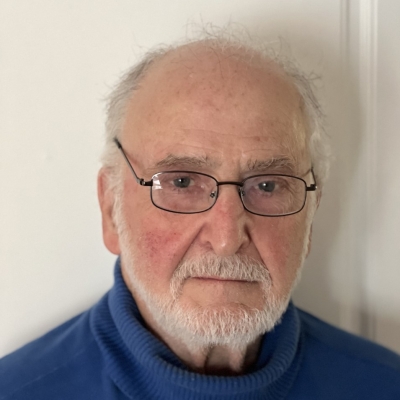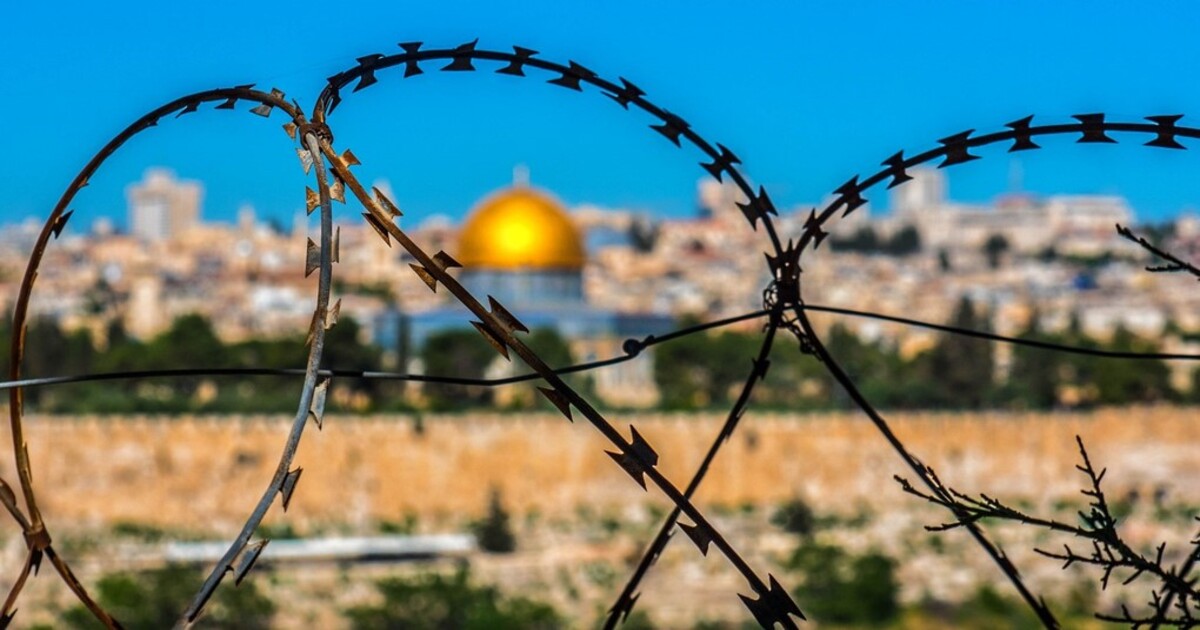Canada: What Explains Justin Trudeau’s Long Goodbye?
Is the Canadian Prime Minister’s refusal to leave office a symptom of hubris? Or does he have a legitimate hope for a turnaround?
October 9, 2024

Most political observers in Canada have been puzzled by Prime Minister Trudeau’s refusal to recognize the inevitable. The polls consistently predict a crushing defeat for him at the next election, a defeat that is fuelled in large part by his own unpopularity.
Listen to Lady Macbeth?
The pundits’ advice to the man who has been Canada’s Prime Minister since November 2015 and the longest serving leader among the G7 nations is Shakespearean in nature.
As Lady Macbeth put it in Act 3, Scene 4: “Stand not upon the order of your going but go at once.”
Why not leave now and get someone with less personal animus directed at them to take on the challenge of keeping his Liberals in power?
Mark Carney to the rescue?
Perhaps he even tried to do so, but was unsuccessful in cajoling Mark Carney, the most prominent and accomplished Canadian internationally, to stand for office. But why would he agree to this quite desperate mission?
Moreover, like the rest of us, Trudeau is only human. He is therefore as given to wishful thinking and overestimating his own importance as everyone else.
A symptom of hubris
So goes the argument of those who consider his refusal to see reality as a symptom of hubris.
Trudeau’s apparent belief that only he can carry on building the Liberal legacy seems disingenuous, given that there is clearly no new, enhanced Liberal agenda for a next electoral mandate.
As it happens, the lack of such an agenda became evident in opting to recruit Mark Carney as an Advisor to prescribe one, just as Mario Draghi tried to do for the EU.
Self-deluding, maybe – but also more calculating than most
Self-deluding, maybe. However, Trudeau hanging on to his office is not just as rational, but more calculating than most. What then is the rational calculation that has convinced him that he may well prevail?
As with so many aspects of Canadian life, the answer to the Trudeau riddle may well lie to the south of us. Remember that the U.S. presidential election is less than a month away.
Did Canada’s Conservatives miscalculate?
Its outcome will be watched all over the world, but in no other country outside the United States as closely as in Canada. There is a simple reason for that. Canada has a high degree of vulnerability to any twitches in the U.S. political system.
Under its new leader, Pierre Poilievre, the Canadian Conservative party has chosen to mimic Donald Trump’s heavily anti-state approach to politics. It believes that a normally centrist Canadian political culture is ready for a shift into a more radical, less socially sensitive mode.
This would seem smart politics, given that Trudeau had shifted the Liberal party far towards the social left. In addition, he has given it a tone so close to “woke” that most Canadians have tired of it.
Canada’s U.S. dependent political culture
The Conservatives’ calculation, however, ignores the fact that Canadian political culture has always, to some extent, been reactive to whatever shifts take place in U.S. politics.
Canadians today are not only acutely aware of the radicalization of politics in the United States. Once the U.S. elections produce a new Administration, the management of the U.S. relationship will become a significant determinant in Canadian voters’ political choices.
It is possible that Trudeau has made the calculation that he can turn the Conservatives’ Trump style of politics against them and leverage the results of the U.S. elections in his favor.
In essence, he might be too woke for the comfort of some but, he will argue, a Trumpist Poilievre managing the U.S. relationship will be too dangerous for Canada.
Trump to the rescue of Trudeau?
If Donald Trump were to win in November and return as President of the United States, Canada’s Liberals would paint Poilievre as a mini version of the triumphalist, vengeful Trump.
And hence as a man who is beholden to a deeply reactionary agenda, ready not just to follow Trump’s political style, but also ready to concede easily to demands from Trump for policies that hurt the Canadian economy and violate prevailing Canadian, social norms.
This casting would put Trudeau in a position to assume the role of “Captain Canada” defending the country’s social values and economic sovereignty.
No worse off with Harris in office
If, on the other hand, Kamala Harris prevails, Trudeau could also wrong-foot Poilievre by pointing out how difficult a relationship a Trumpian Conservative government would have.
After all, the post-election reality in the U.S. may well be a Harris Administration struggling to cope with waves of Trumpist insurrection.
In contrast, a Harris/Trudeau North America, in this telling, could be cast as a “peaceful kingdom,“ with Canada able to defend and pursue its interests.
It would live with the United States in harmony, based on shared economic interests and social values that were not only compatible, but complementary.
Conclusion
This pre-election interpretation of the Canadian political landscape may be attributing too much to Trudeau as a long-term thinker.
Even so, it is one of the few rational explanations as to why, at a moment when his departure from office seems in so many ways the best option for his party and his legacy, Justin Trudeau insists on staying the course.
Takeaways
Many Canadians surmise that Trudeau’s hanging on to his office is self-deluding. But it can also be understood as a rational act, even more calculating than most.
Trudeau hopes that he can turn the Conservatives’ Trump style of politics against them and leverage the results of the U.S. elections in his favor.
While Trudeau realizes that he might be too woke for some Canadians, he will argue that his opponent, the Conservative Pierre Poilievre, a Canadian Trumpist, managing the U.S. relationship will be too dangerous for Canada.
Assuming Trump gets elected in the U.S., Trudeau would be in a position to assume the role of “Captain Canada” defending the country’s social values and economic sovereignty.
If Kamala Harris wins the election, a Harris/Trudeau North America could be cast as a “peaceful kingdom,“ with Canada able to defend and pursue its interests.
Justin Trudeau is not known to be a long-term thinker. However, his banking on the U.S. election providing him with a credible turnaround moment is one of the few rational explanations as to why he insists on staying in office.

